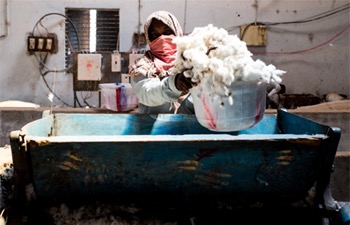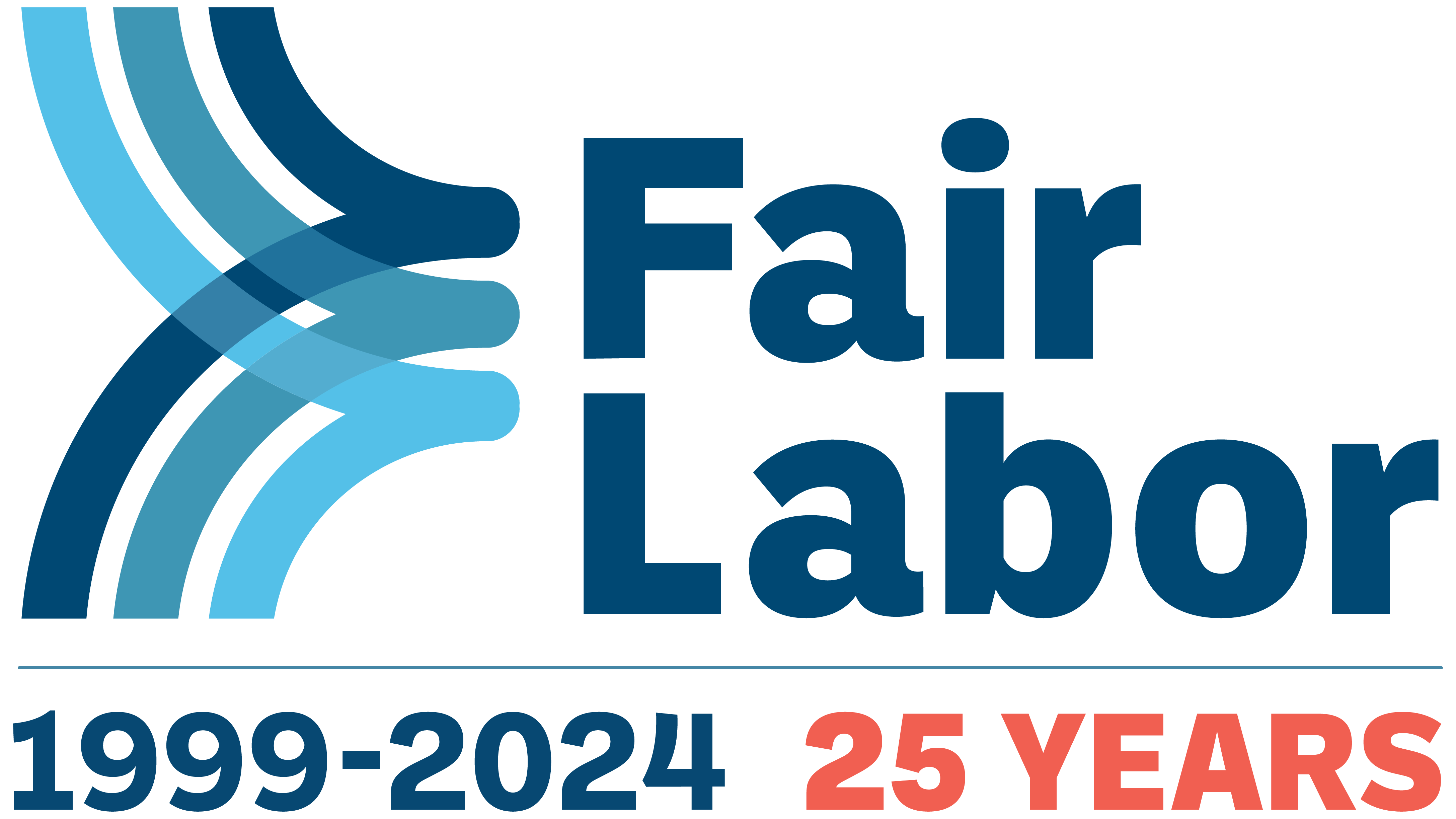Supply Chain Traceability and Transparency

Greater public disclosure of the human rights conditions embedded in global supply chains is rapidly becoming the norm for multinational companies managing complex sourcing relationships around the world. While for some companies, increased supply chain transparency may be the logical result of a maturing social responsibility program, external pressures from civil society and governments, including emerging regulations that carry significant legal and financial risks, are also clearly driving this shift in industry norms – for everybody.
More and more countries around the world, including the UK, France, the Netherlands, and the US, are enacting legislative and regulatory frameworks requiring multinational companies to trace their supply chains and be transparent about the effect of their business practices on human rights. In some cases, these frameworks require greater pro-active reporting by companies on their human rights efforts. In other cases, they establish legal mechanisms that hold companies responsible for demonstrating their due diligence, if human rights abuses are found in their supply chains. These frameworks do not differentiate between “tiers” of responsibility for companies but consider that a company’s responsibility extends throughout its entire supply chain. Failure to exercise adequate whole-supply-chain due diligence under these laws could lead to financial penalties and operational challenges, including having goods excluded from entry or seized at the U.S. border.
Civil society organizations also are increasingly focusing more closely on companies’ traceability and transparency efforts, recognizing those with stronger public transparency commitments, and pushing for those with less robust commitments to catch up. Expectations have shifted for multinational companies wishing to be recognized as social responsibility leaders, and the question is no longer whether a company should trace and disclose information about its supply chain, but rather how much information a company will disclose and against what standards its disclosures will be measured.
